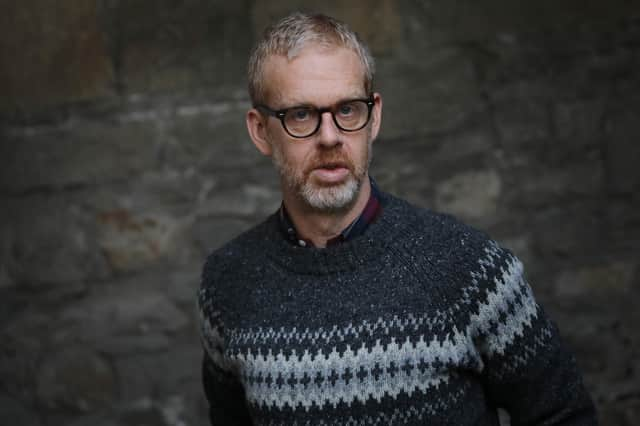Meta’s vision of tech future - Nick Freer


In a blog post, a Meta senior engineer wrote: “RSC will help Meta’s AI researchers build new and better AI models that can learn from trillions of examples; work across hundreds of different languages; seamlessly analyse texts, images, and video together; develop new augmented reality tools. Ultimately, the work done with RSC will pave the way toward building technologies for the next major computing platform - the metaverse.”
Neal Stephenson coined the term “metaverse” in his 1992 science fiction novel “Snow Crash”, in which the author envisioned lifelike avatars who meet in virtual reality environments. When tech groups like Meta and Microsoft talk about the metaverse, essentially they too are outlining a vision of what the internet could look like in the years ahead.
All things crypto


Advertisement
Hide AdAdvertisement
Hide AdOver $30 billion was invested in cryptocurrency-related ventures in 2021. And while Bitcoin and other cryptocurrencies have taken a pounding at the beginning of 2022, commentators expect the inflow of investment into all things crypto to increase in 2022.
According to Digital Galaxy Research, 43 per cent of crypto funding in 2021 went into companies in trading, exchange services, investing, and lending of crypto assets, with 17 per cent invested into non-fungible tokens (NFTs), decentralised autonomous organisations (DAOs), Web 3.0 or Web3 (a decentralised online ecosystem based on the blockchain), and the metaverse.
Getting your head around blockchain can be testing, but I heard a good explanation recently by John Wu, president of smart contracts platform Ava Labs: “When you think about crypto and blockchain, it’s kind of like they are all different cities with their specific characteristics, based on the technology and the community that’s there.”
Wu continues: “For Web3 to really flourish, you are going to have to get from one blockchain to another really easily. You are not going to get the best of crypto 3.0 unless all these blockchains are able to connect to each other in a multi-chain world.”
Looking ahead to the next twelve months, analysts expect decentralised finance (or DeFi) to be one of the next big things in blockchain, becoming more mainstream as banks and financial services groups move increasingly into the space.
The tortoise and the hare
Aesop’s fable about the tortoise and the hare could be applied to news last week that Warren Buffet’s Berkshire Hathaway, seen as a bellwether for value investment, narrowed the gap between its two-year investment performance and that of highly-rated growth investor Ark’s flagship Innovation Fund as tech stocks continue to tumble.
An improving economic outlook, combined with a record spike in inflationary trends is seen to be at the foundation of this reversal of fortunes for two of the US’s best known investors.
An end to the great supply chain crisis?
Latest Baltic Dry Index statistics, which measure the price of shipping bulk materials and rose steeply during the pandemic, hit a downward curve at the end of last year. In good news for world trade, economists say this reflects a return to stable and efficient worldwide supply chains.
Nick Freer is the founding director of strategic communications agency the Freer Consultancy
Comments
Want to join the conversation? Please or to comment on this article.